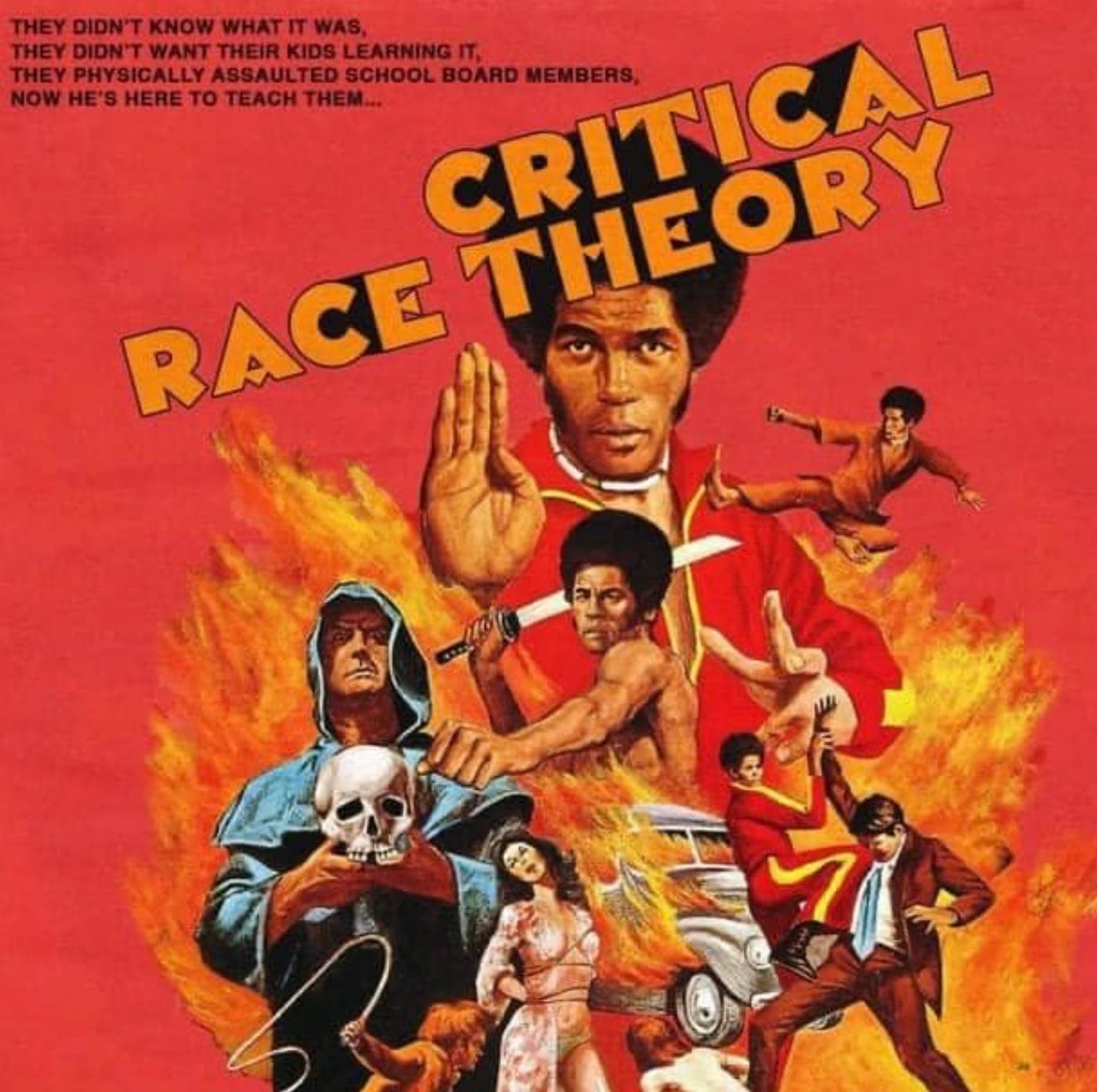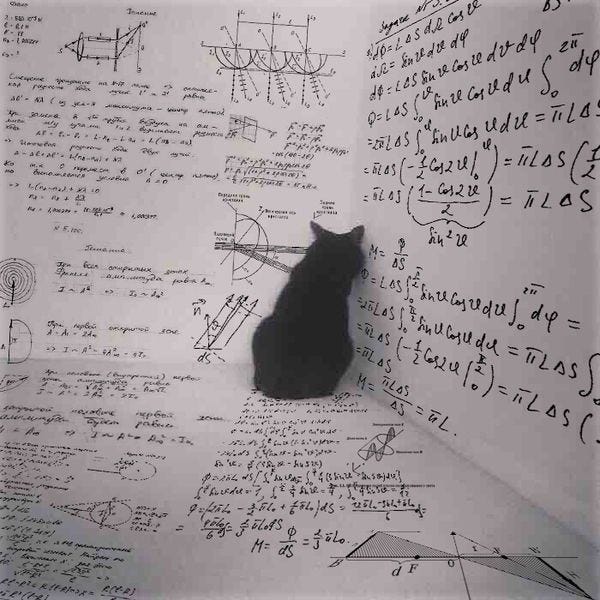CONDITION: Robert Harris’s Munich:
Robert Harris (2017): Munich <https://www.google.com/books/edition/Munich/1BAcDgAAQBAJ>
Munich—The Edge of War <https://www.youtube.com/watch?v=AQ7x8odi-OU>:
Audible: <https://www.audible.com/pd/Munich-Audiobook/B075DH7P3Y>
I disagree with the main thesis underpinning this—that Britain was, relatively, much worse prepared for war with Germany in 1938 than in 1939. After all, the German generals thought—to all appearances correctly—that they were also relatively unprepared for war in 1938, and in much better shape in 1939-1940. Nevertheless, a very good presentation of the fingertip-feel of history in the making.
First: The Remarkable Preservation of Classical Texts
This is very good, and something that I had never thought of before:
Bret Devereaux: Rome: Decline and Fall? Part I: Words: ‘What is… remarkable… is not that the people of Late Antiquity and the Early Middle Ages lost some books… but that they saved some…. Never before had a literary tradition been saved in this way…. Unsurprisingly, Christian monks… tended to copy a lot more religious texts… works… seen as important for teaching good Latin (Cicero, Vergil, etc.) tended to get copied more…. Far from destroying the literature of classical antiquity, it was the medieval Church itself that was the single institution most engaged in the preservation of it…. Writers… did not stop writing (or stop reading)…. [That] the literature of this period was religious… is no reason to dismiss it…. St. Augustine of Hippo… The City of God…. Isidore of Seville (560–636) was famous for his Etymologies, an encyclopedia of sorts which would form the foundation for much of medieval learning and which in its summaries preserves for us quite a lot of classical bits and bobs which would have otherwise been lost; he also invented the period, comma and colon. Pope Gregory I (540–604) was also a prolific writer, writing hundreds of letters, a collection of four books of dialogues, a life of St. Benedict, a book on the role of bishops, a commentary on the Book of Job and so on. The Rule of St. Benedict… in 516 established the foundation for western monasticism…
LINK: <https://acoup.blog/2022/01/14/collections-rome-decline-and-fall-part-i-words/>
That the remarkable thing about the literate monk culture of the Mediæval Age was not that they sacrificed so many ancient manuscripts as they recycled the parchment, but that they saved so many—that is a superb point. Previously, when ruling powers and elites shifted, the successors had very little regard for what their predecessors had written and thought. So what we have are buried papyrii in arid landscapes, inscriptions that have survived, and clay baked, filed, and buried. A tradition of manuscripts from predecessor civilizations copied, kept in libraries, and then used for intellectual and cultural work—that was the creation of the Islamic and the Christian scholars, who found worth in Classical Roman and Greek authors. That we have 650 of Sappho’s 10,000 lines is indeed a miracle.
One Audio:
PODCAST: Lisa Feldman Barrett: Why Does the Brain Exist? <https://www.infiniteloopspodcast.com/lisa-feldman-barrett-why-does-the-brain-exist-ep82/>
One Picture:
Very Briefly Noted:
Wikipedia: Flâneur <https://en.wikipedia.org/wiki/Fl%C3%A2neur>
Editorial Board: A Digital Dollar Is Worth Consideration: ‘The US Federal Reserve is a latecomer to the debate about central bank digital currencies… <https://www.ft.com/content/a89f3190-3e25-4ddd-98ff-a216805afb25>
Mohamed El-Erian: Bold Policy Response Needed to Restore Fed Credibility on Inflatio: ‘Central bank’s policy-setting committee must catch up to realities of rising prices… <https://www.ft.com/content/6bed7dff-f5e2-4105-a948-449f2d80ad32>
Jonathan Bernstein: Where Do Great Presidents Come From? The Campaign Trail: ‘Bargaining savvy and coalition-building excellence, not policy expertise or personal magnetism, are what’s usually needed to win major party nominations—and to govern successfully… <https://www.bloomberg.com/opinion/articles/2022-01-25/where-do-great-presidents-come-from-the-campaign-trail>
John Dizard: Supply Chain Delays Prove More Persistent than Expected<https://www.ft.com/content/0e9b5528-7370-4466-8664-53f998224d45>
Stephen S. Roach: The Fed Is Playing with Fire: ‘The current upsurge in inflation is not transitory or to be dismissed as an outgrowth of idiosyncratic COVID–19-related developments. It is widespread, persistent, and reinforced by wage pressures… <https://www.project-syndicate.org/commentary/federal-reserve-mad-scramble-to-control-inflation-by-stephen-s-roach-2022-01>
Jacob T. Levy: The Neo-Right’s Preoccupation With the Leftist Enemy Is the Real Road to Serfdom<
Johann Hari: Can You Focus Long Enough to Read This?
Matthew C. Klein: U.S “Excess” Household Savings & the Balance of Payments
Prof. Feynman: ’Meanwhile, inside the box, Schrödinger’s cat plans its revenge…
Twitter:
Brad DeLong: ’MOAR “90% of consulting” bullet points needed! 90% of useful consulting is Asking Stupid Questions as a Service: https://t.co/mKHS1WFFZL 90% of all consulting is affinity fraud…
 MOAR "90% of consulting" bullet points needed! 90% of **useful** consulting is Asking Stupid Questions as a Service: <> 90% of **all** consulting is affinity fraud* I have done so much Asking Dumb Questions As A Service and come in like a candid wrecking ball. I say things out loud that you're afraid to say, that your boss or client is afraid to say and all the while people feel safe saying it. Turns out you're all mostly in agreement.
MOAR "90% of consulting" bullet points needed! 90% of **useful** consulting is Asking Stupid Questions as a Service: <> 90% of **all** consulting is affinity fraud* I have done so much Asking Dumb Questions As A Service and come in like a candid wrecking ball. I say things out loud that you're afraid to say, that your boss or client is afraid to say and all the while people feel safe saying it. Turns out you're all mostly in agreement. Dan Hon @hondanhon
Dan Hon @hondanhon
Brad DeLong: ’An interesting question I do not have an answer to: The Thirty Glorious Years 1945–1975 in the Global North that were the Age of Social Democracy were the best years that North Atlantic economy and society had ever seen. They hit a speedbump from 1973–1979, yes. But that speedbump was of very small magnitude compared to all of those we have experienced since. Yet somehow that speedbump was enough to cause Social Democracy to fail its political-stability test, and lead to its replacement by Neoliberalism. Neoliberalism has, in the Global North, durably delivered on none of its promises save to greatly enrich the rich. And it has hit many speedbumps, and more than speedbumps. Yet it, with its many failures, has proved remarkably durable in a way that its predecessor, Social Democracy, did not. I find this very mysterious. You can say that the game is finally played out, and that right-neoliberalism in its advanced decomposition is searching for an alliance with neofascism because the game is played out. And it is true history rhymes: those attached to the pseudo-classical semi-liberal system of the Belle Époque similarly reached for an alliance with real fascism in the chaos of 1914–1933. But I do not find this an adequate explanation of what has been going on since 1975…

Lyman Stone: ’The interesting thing I am flagging is not “How did the Macedonians rule as a minority?” but “How did the people of Greece fill 50–100 new cities with people plus a thin layer of elites spread across an entire empire plus large massed infantry formations of co-ethnics?”… You’d need almost half the population of the original Greek territories to emigrate just to get a small percentage of the population made up of Greeks. Even if you assume that every Greek immigrant creates 2 Hellenized locals, this is implausible…
Brad DeLong: Or you would need a bunch of people to become Greek. From 350 to 550 is eight generations. What proportion of those calling themselves “Visigoths” in Spain in 1550 had all 256 of their circa–350 ancestors among the Visigoths in Moldavia back then? What proportion had any? My go-to analogy for this has been the British Raj—if you could have, in India, become “English” simply by moving into the cantonment and making an effort to speak the language. Plus remember the Greeks had lots of practice in making thugatropoleis. But I agree it was a lift that required enormous amounts of heavy lifting by not just Alexander, but by the subsequent generations of Ptolemaids and Seleukids…
LINK:

Brad DeLong: The real Sister Souljah moment:
Bill Clinton: "We all make mistakes, and sometimes we’re not as sensitive as we ought to be, and we have an obligation—all of us—to call attention to prejudice wherever we see it. A few months ago I made a mistake. I joined a friend of mine and I played golf at a country club. It didn’t have any African-American members. I was criticized for doing it. You know what? I was rightly criticized for doing it. I made a mistake. And I said I wouldn’t ever do that again.
I think all of us have got to be sensitive to that. We can’t get anywhere in this country pointing the finger across racial lines. If we do that, we’re dead and they will beat us. Even in Reverend Jackson’s new math of this election, it’s hard to get to a 34% solution or a 40% solution if the American people can be divided by race."
Yes, Clinton did pounce on Jesse Jackson for inviting Sister Souljah to speak…. “In United States politics, a Sister Souljah moment is a politician’s public repudiation of an extremist person or group, statement, or position.”… That is what the memory of it has become. That is what people are calling on Biden to do when they call on him to find a “Sister Souljah” moment. But Clinton was trying to do something more complex. While a Reagan or a Romney are in the business of trying to win white votes by finding opportunities to ostentatiously reject the very idea they might appeal to Blacks, Clinton wants and desperately needs and knows he wants and desperately needs Rainbow Coalition votes in the fall…
LINK:

Paragraphs:
Seanan McGuire: Finding Poetry in Pamela Dean’s Tam Lin: ‘_Tam Lin_ is a book about choices and consequences, friendships and relationships, and the way our adult selves are built on the bones of the children we once were. It’s also about poetry. If Pamela Dean had never written another word, she would still deserve to be remembered as one of the greats, for this book alone. Read it <https://archive.org/details/tamlin00pame/page/n1/mode/2up?view=theater>…
LINK: <https://www.tor.com/2022/01/25/finding-poetry-in-pamela-deans-tam-lin/>
Andrew Cunningham: Testing Intel’s 12th-gen Alder Lake laptop CPUs: Many Cores Make Light Work: ‘Intel’s top-tier 12th-generation desktop chips… still power-hungry compared to competing AMD Ryzen… their combination of big performance cores (P-cores) and clusters of small efficiency cores (E-cores) helped them shine under all kinds of workloads, including games that favor fewer, faster cores and video encoding and rendering tasks that benefit from every core you can throw at them. The laptop versions… don’t have access to a desktop computer’s huge power supply or beefy cooling systems… don’t benefit from being compared to mediocre predecessors. 11th-generation Core desktop processors backported a new CPU architecture to Intel’s decrepit 14nm manufacturing process with unimpressive results…. The tippy-top-end Core i9–12900HK…. We tried to see whether the laptop version of Alder Lake strikes the same performance balance as the desktop version—fast cores when you need fast cores and lots of cores when you need lots of cores…. Six P-cores and eight E-cores for a total of 14 cores and 20 threads, with a peak Turbo Boost clock speed of 5 GHz for the P-cores…. The single-core performance improvements… are appreciable but relatively small, measuring between 10 and 20 percent…. Eight E-cores are unquestionably better at getting multithreaded work done than two P-cores. Every multi-core test… show[s] the 12th-generation i9 outrunning the 11th-generation CPU by about 33 percent…. After years of Intel processor updates that have ranged from “ho-hum” to “kind of bad, actually,” these kinds of performance improvements are nice to see…
John Maynard Keynes (1938): Private Letter to Franklin Delano Roosevelt of February 1, 1938: ‘Forgive the candour of these remarks. They come from an enthusiastic well-wisher…. I am terrified lest progressive causes in all the democratic countries should suffer injury, because you have taken too lightly the risk to their prestige which would result from a failure measured in terms of immediate prosperity. There need be no failure. But the maintenance of prosperity in the modern world is extremely difficult; and it is so easy to lose precious time…
LINK: <https://delong.typepad.com/egregious_moderation/2008/12/john-maynard-ke.html>
David Rothkopf: ’Vladimir Putin might have thought that his efforts to foster division in the US, even winning the support of the Trumpist right, would sideline the US while he attacked his neighbors. He might have thought that pulling out of Afghanistan was a sign of American retreat rather than ending a debacle and focusing our energies and resources where real threats and opportunities lay. He might have thought Biden would offer the kind of minimal resistance Putin found from Bush and Obama when he last invaded his neighbors. Or he might have been deluded by Trump’s infatuation with him. Putin might have thought that NATO was a dead letter, without a real mission for the past three decades and that its divisions would undermine its ability to mobilize when Russia presented a real threat to European security. He might have thought any of these things or all of them. Whatever his reasoning, he has guessed wrong. Biden will turn out to be the toughest US president he has faced. And NATO, divisions and all, is showing it is ready to defend its interests…
LINK:

PAID SUBSCRIBER ONLY Content Below:
Keep reading with a 7-day free trial
Subscribe to Brad DeLong's Grasping Reality to keep reading this post and get 7 days of free access to the full post archives.












